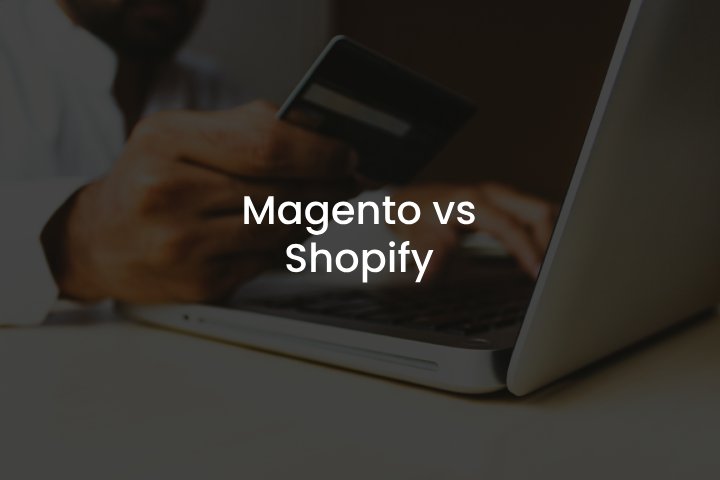Regulatory Decision-Making Solution for a Prominent Healthcare Provider
Navigating complex regulations with the decision-making solution in the healthcare industry is an important step for staying up-to-date and delivering …
 24 | 11 | 2016
24 | 11 | 2016 Nothing could be of the same importance for an online business as the appropriate e-commerce platform. The success or failure of an e-shop depends directly on how it is constructed, managed, and launched running. Of course, the initial business idea and the offered product/service along with the business owner’s dedication determine the e-store future in large measure. However, in this world of total competition, the absolutely unique product/service has very little to be invented for the competition-free consumption. In this regard, exactly the offer-and-sale method i.e. how the committed shopping area is created and maintained results in what its business owner will achieve finally.
Basing on personal preferences and expectations an entrepreneur should thoughtfully come to a point of the e-commerce platform selection. Being by far similar at first sight, different e-commerce solutions can vary significantly with their features and functions. The present comparative study of Magento and Shopify platforms might assist customers to avoid disappointing experience caused by the irrelevant e-shop solution choice.
From the scale viewpoint, Shopify could hardly compete with Magento occupying less than 8% of the global e-stores’ amount. Magento undoubtedly dominates with its 30% global market share. However, both platforms boast worldwide famous brands such as Nike and Olympus for Magento and Tesla for Shopify.
Unlike the other Magento competitors similarly presenting free open-source software, Shopify is a proprietary commercial product (SaaS). This difference leads to several relating consequences for e-shop owners. The most important is the chargeable hosting offered by Shopify while Magento leaves customers to care about hosting on their own. Shopify offers monthly fee plans in a range of $29–$299 depending on included options. However, 14-days free trial allows Shopify customers to estimate the functionality with embedded features of a new e-store.
Another important issue Shopify customers should be aware of is the different coding language the platform uses by contrast with the traditional PHP of Magento. It means that Shopify customers have to use only ‘on-board’ available features and templates being unable to make code alteration or modification of the design. To make matters worse the premium Shopify templates are offered for at least $80 while Magento price for its premium designs starts from only…$1. The payable service with unmodifiable designs is accepted ambivalent by customers. On one hand, this is a certain restriction of possibilities. On the other hand, the customization freedom possible with PHP of Magento requires a person or a company deeply entrenched in programming.
While on customization subject, the apps and add-ons number of both platforms is worth mentioning. Being followed with significantly larger community of developers due to relative maturity, Magento offers customers 5000+ add-ons and apps. Shopify apps store is limited to only about 100 ones.
Once about a half of online purchases begins from the Internet searching, SEO capability of an e-commerce platform is crucial. Magento, Shopify and WooCommerce constitute top three among dozens of available platforms. Although Magento keeps ahead of the rest, the gap is not too large. Thus, SEO scores of both Magento and Shopify could be admitted comparable.
The time of a web page downloading is a determining factor of SEO. Shoppers tend to flock to another website if the present one works too slowly. One second delay results in 7% conversation reduction. Before Magento 2 release, the downloading speed was the Achilles’ heel of the platform. Even after 20% acceleration of Magento2-based websites’ performance, Shopify is still leading the speed matter.
Despite of the abovementioned differences, both Magento and Shopify are powerful e-commerce platforms. Which one is to be better for a particular project will vary from its budget, goals, and peculiarities. If the task is to quickly create and deploy 100 products-limited e-shop, Shopify seems a perfect solution. In case a project means far-reaching development with unlimited customization, Magento looks more appropriate. Feel free to contact Agiliway engineers for further detailed consulting and project maintaining regardless the required project complexity.
READ ALSO: Magento vs. OXID: Which E-commerce Solution To Choose?
Navigating complex regulations with the decision-making solution in the healthcare industry is an important step for staying up-to-date and delivering …
Welcome back to the tech news rubric. This month’s tech news is bursting at the seams! We’ll explore the latest …
The travel industry has undergone a massive transformation in recent years, with travelers increasingly booking vacations and making travel arrangements …